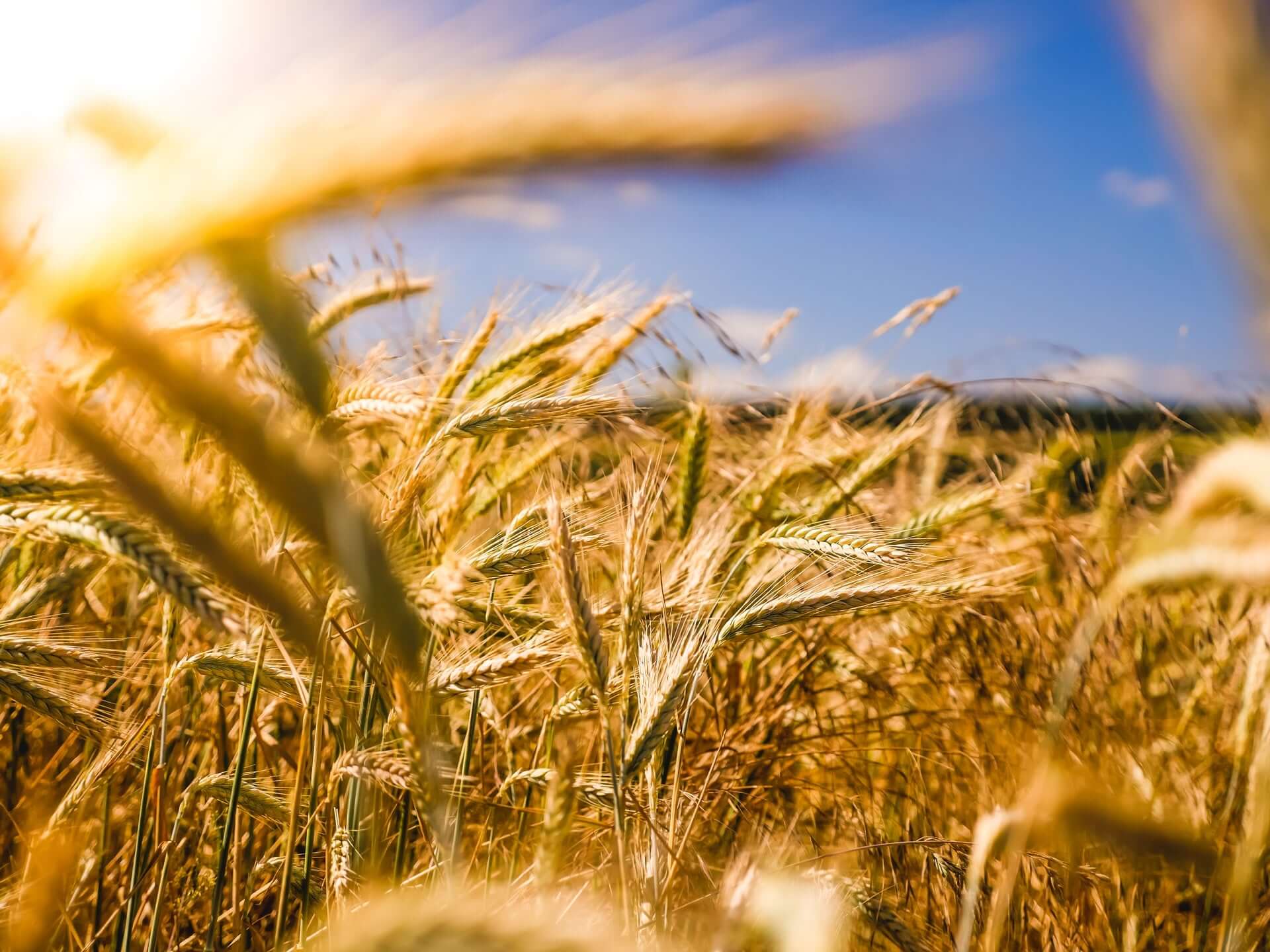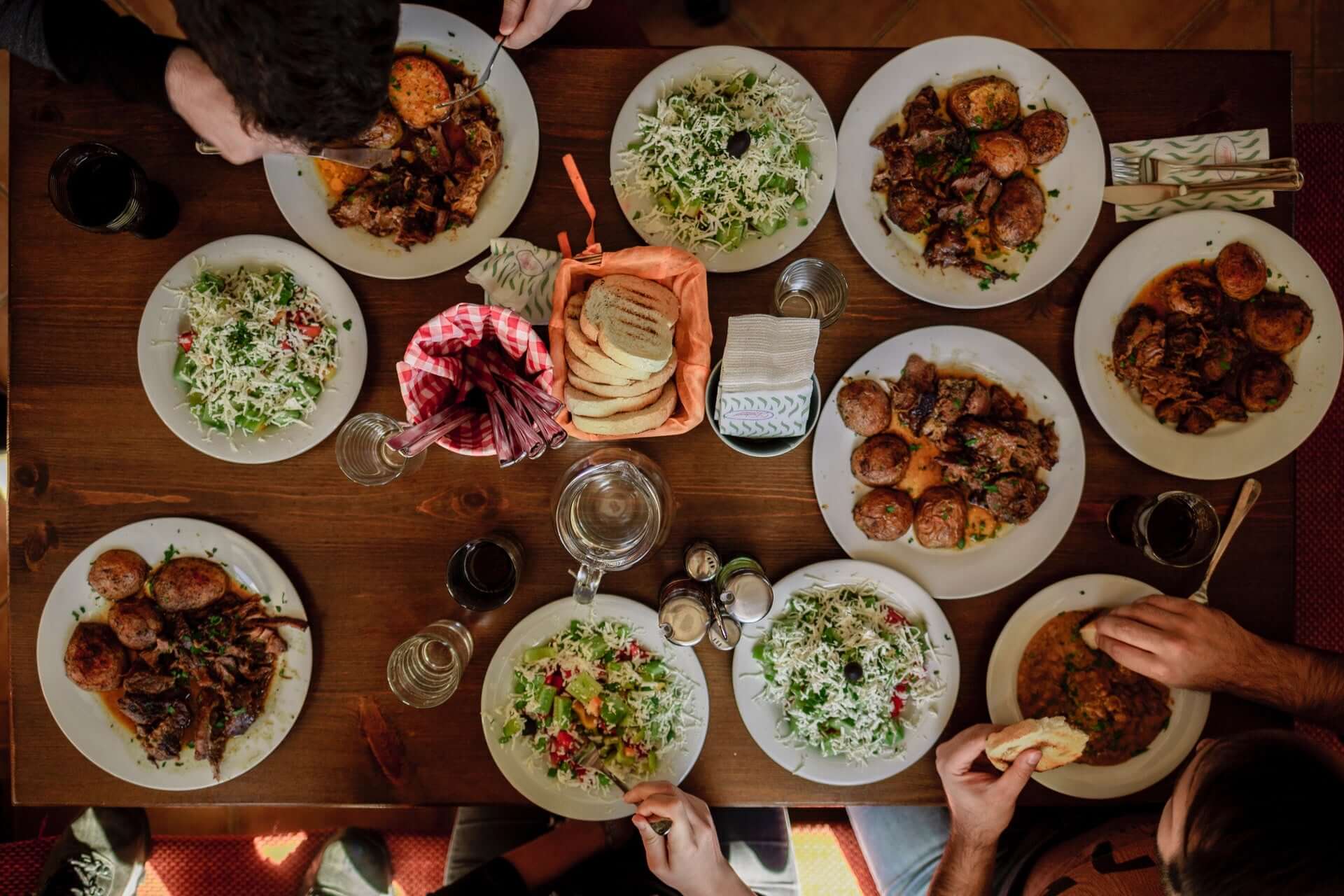
Inhaltsverzeichnis
Regionality - what does that actually mean?
Supermarkets are increasingly advertising "regional food." But what does "regional" mean in this context? And are the "regional" label tied to certain requirements? That's exactly what we want to find out today.
Regional = environmentally conscious… right?
As consumers, we're increasingly being reminded to shop locally and seasonally if we want to be environmentally conscious. Why? Because buying local food shortens transport routes for goods, thus releasing fewer harmful greenhouse gases into the atmosphere. Furthermore, growing diverse foods can promote regional biodiversity. Furthermore, buying local food often allows you to support smaller businesses and thus the local economy.
It is, of course, great that more and more people are paying more attention to where their food actually comes from and what impact the consumption of certain foods has on our environment.
This general “trend” of an environmentally conscious customer base is also reflected in marketing campaigns and the general offerings in supermarkets: green packaging, vegan substitutes, earth tones, less plastic – and product names such as “regional” or “from the region”.
But if I'm holding a head of lettuce in a Cologne supermarket that, according to the label, comes from Hamburg – is that still regional? I mean, it may not come from the Rhineland, but at least from Germany. And what if the lettuce came from the Netherlands? Because then it would be an import product from a others Land. Nevertheless, the probability is high that the transport route from the Netherlands to Cologne would be significantly shorter than the one from Hamburg to Cologne. So which is better? 🤔
And can coffee beans be labeled “regional” just because they are processed and roasted in my hometown, even though the beans obviously come from far away?
These and similar questions regarding the labeling of a product as "regional" piqued my curiosity, and I wanted to know what official regulations actually exist regarding this...
What do terms like “regional” or “from the region” mean in relation to food?
Well, terms like these naturally imply that the product comes from nearby. The problem is that the term "regional" (or similar terms like "from the region," "regional origin," "from home," or "from here") is neither protected nor legally defined. This means that statements like these are highly imprecise and subjective.
The provider can therefore decide for themselves how "large" the region should be. There are also no maximum kilometer limits or other distances specified. Just like us consumers, production companies and supermarkets have different ideas about what "regional" means: for some, it's a district, for others, the entire federal state. Furthermore, the provider can advertise its products with their own brands or seals. As you can probably imagine, the criteria for these seals vary greatly (you can find an overview of different seals, for example, at here). This makes the whole thing less transparent for us consumers.
A further problem arises when only certain components of the final product come from the region or when individual production steps were carried out in the region. Here, too, there are no "official" rules or regulations regarding the information on the product.
In summary, this means: regional is not always regional. What does this mean for us as consumers? What can we look for when shopping?

Photo by Tim Mossholder on Unsplash
What this means for our shopping and how we can find regional food
Many retailers have developed their own seals, which they use primarily for fresh products such as fruit and vegetables or dairy products. Sometimes, information boards in supermarkets or in-store magazines even feature individual farms or cooperative partners. It can be helpful to look out for such information. It's fun to understand where your food actually comes from.
Aside from that, you should also take a closer look at product labels instead of blindly trusting labels like "regional." For example, fruit and vegetables should always be labeled with information about where the food comes from.
Another great option is to visit farmers' markets more often. These usually feature exclusively regional businesses, and in many cases, you can ask questions directly or get information about the origin of the products because the producers or their representatives are present. Many even appreciate it if you show interest in their business or their products. Farm shops also welcome visits!
If you would like to learn more about sustainability, healthy eating, mindfulness or family and pregnancy, Check out more exciting blog articles on these topics here.

Photo by Elaine Casap on Unsplash



























1 comment
Guten Morgen,
danke für die Blog-Beiträge. Find ich gut. Ich selber hab einen Bioladen und kaufe, wenn möglich, direkt bei Erzeugern ein.
Viel Erfolg weiterhin!
Beste Grüsse
Friederike Hanek
Friederike Hanek
Leave a comment
This site is protected by hCaptcha and the hCaptcha Privacy Policy and Terms of Service apply.